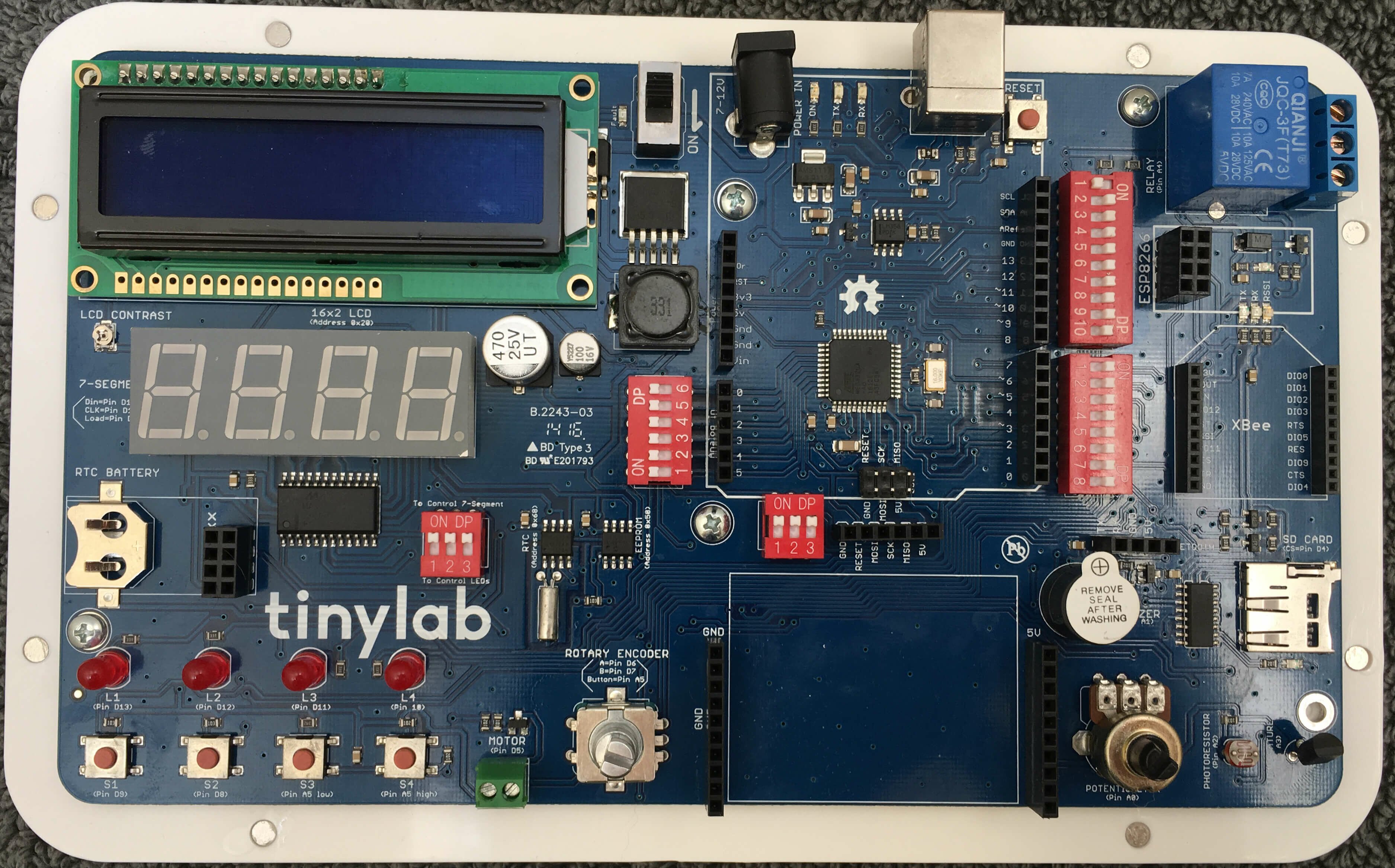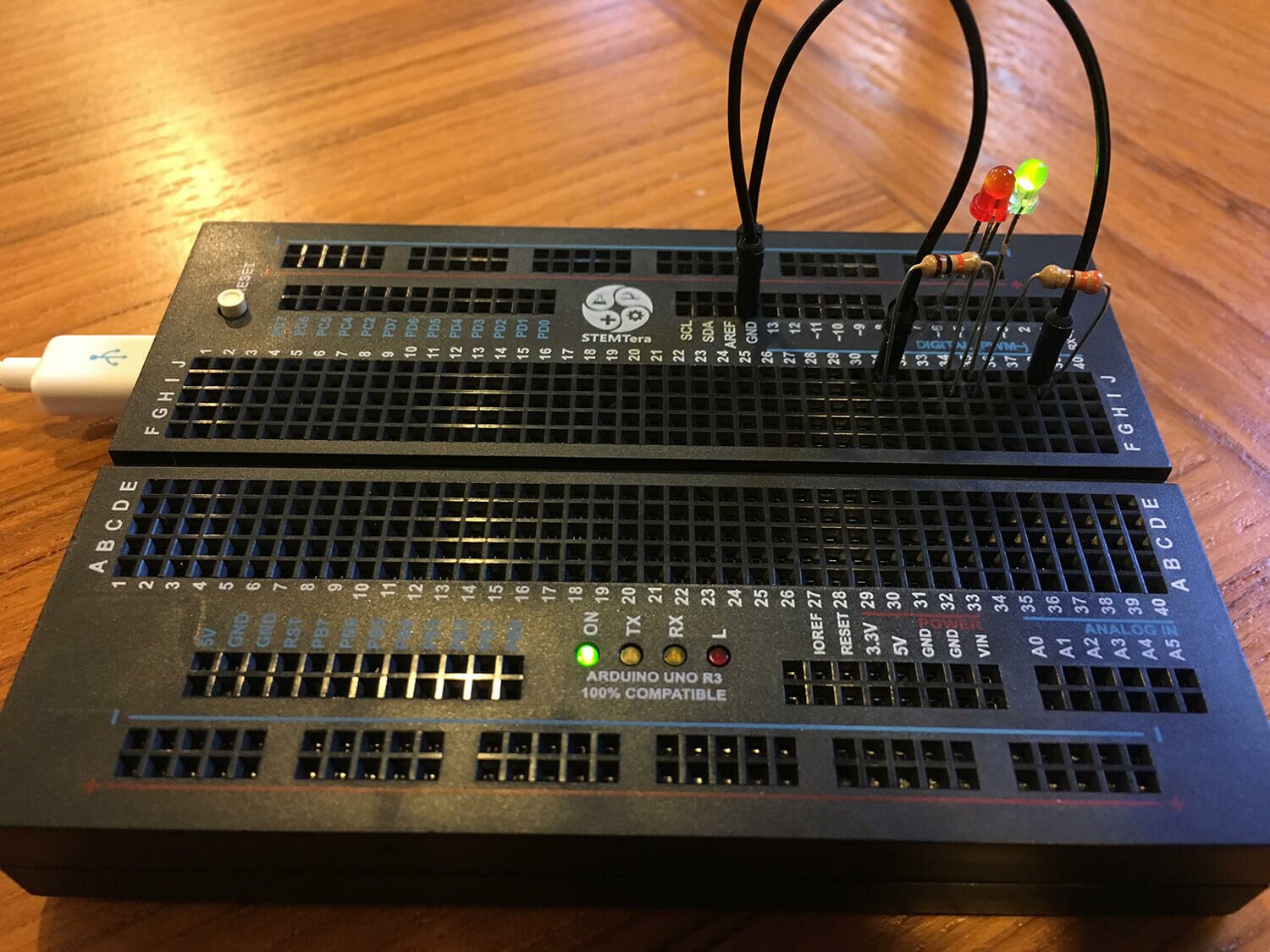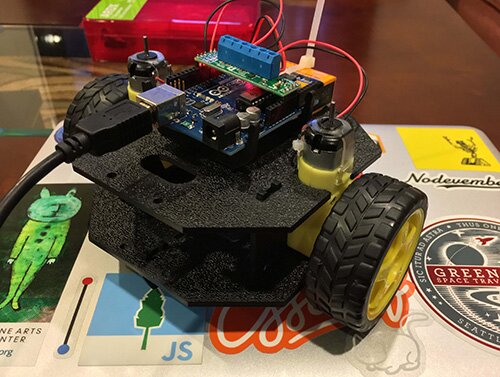Global Diversity CFP Day Q&A.
Last week was Global Diversity CFP Day and we held the Seattle workshop that I'd been organizing for a few months. Global Diversity CFP Day was started by Peter Aitken, who ran a similar event to improve the diversity of submissions for his event . At the event, a number of locations world-wide held workshops where people who are under-represented at technology conferences could learn about submitting talks to conferences from experienced speakers and event organizers. The attendees asked some really good questions, so I figured I'd answer them here for posterity. I hope readers will forgive me for including one "Socratic method" question at the end.
-
What is a "CFP?"
It stands for "call for proposals" or sometimes "call for papers". It comes from academic conferences making it known that they are looking for content for their meetings and conferences. In my experience, tech conferences use to indicate that talk submissions are open to anyone who fills out the online form.
-
How did you get involved in this?
I attended a local meetup and learned about a local conference that had just happened. I continued attending meetups, and following interesting people on Twitter, and started beginning to think that perhaps I could speak too. I talk more about getting involved with organizing conferences here.
-
Do conferences pay?
It depends, greatly.
A few conferences pay their speakers a fee, in addition to covering the speaker's travel, lodging and conference ticket. Some of these pay only some of their speakers a fee. These conferences are usually - but not always - organized for a profit.
Most of the conferences I pay attention to usually - but not always - cover a speaker's travel, lodging and conference ticket, but it is much more rare to pay a speaker fee. These are usually organized by volunteers in their "spare" time, and some are even 501c3 non-profit organizations.
Some conferences will cover some fees if you ask, and other conferences don't pay for anything - even when the speakers are providing the content! This is more common in academic and open-source conferences, where the expectation seems to be that your employer will cover conferences costs.
Conferences usually publish what they cover along with their CFP. It's up to you to make the call as to whether speaking at that particular conference works for you. For me, it doesn't make any sense to pay out of my own pocket to speak at a conference.
-
Do you write the talk before the proposal?
No, almost never. For one, writing the proposal gives me the outline of what's going to be in the talk. More importantly, I don't do speculative work; so I don't write a talk before it's accepted at a conference. I have made one or two exceptions when I just knew it was a good talk, and I was determined to give it at a local meetup.
-
How do you find open calls for proposals?
Twitter is huge in my sphere of influence. Following is a good start. is also a great way to get notified of CFPs which are closing soon. has a crowd-sourced spreadsheet of conferences at . The Global Diversity CFP Day workhops have also put together a list at https://www.globaldiversityCFPday.com/CFPs.
-
How do you identify the culture of a conference; what kind of talks do they tend to accept and where do they fall on the silly vs. stodgy scale?
I usually start by looking at the Twitter accounts for the conference itself, and its organizers. From this I can get a sense of how they interact with the community. The conference's website is usually all about the upcoming conference, but often archives the previous years too (try changing 2018 to another year in the URL). Looking at a previous year will tell you what talks they did accept, and those little descriptions of the talks were usually part of the CFP that the speaker sent in. If the conference records its talks, then you can watch videos of last year's talks - the keynote and MC sections can be particularly enlightening.
-
How do I find technical topics for the core of my talk?
For me, technical topics commonly come out of bits of "fiddling with code" that I do. I can browse through my old and get some ideas about what's interesting. Also, when I've accomplished something in an evening of experimentation, I often think "I should share this!" and a few related topics can be the foundation of a talk. Even when working, any solution that can be abstracted and shared can be part of a talk.
-
How does going to local meetups improve my proposals and talks?
One thing about meetups is that they're a lot like itty-bitty conferences. Attending conferences is definitely a way to get involved with the community, but attending meetups will get you involved with the community too. At a meetup, you can meet other people with the same interests and talk about current projects. When you're talking about something and the other people lean in and say "oh, that's interesting", then you might have a talk idea right there. Often, conference volunteers and organizers attend these meetups. Also, meetup organizers need to have a few talks each and every month of the year, so they are very likely to accept your talk. You can get very helpful feedback from attendees (What did they take away from the talk? What was confusing?) after giving a meetup talk.
Permalink
Tags: conferences speaking





